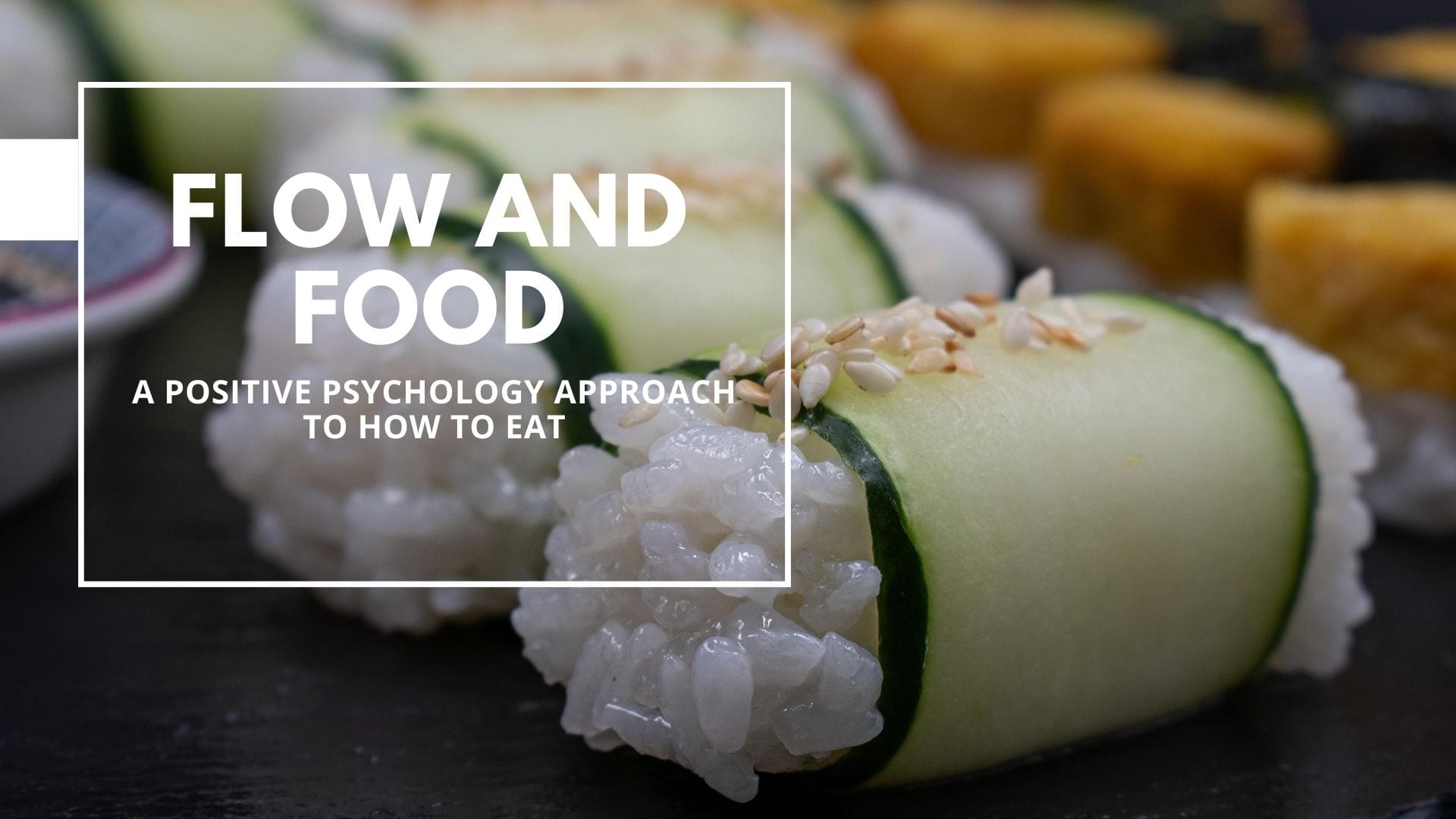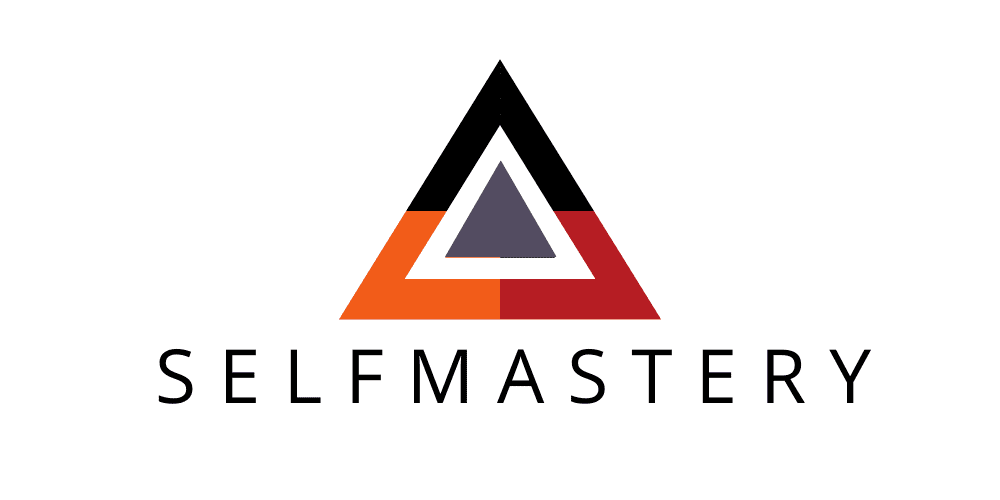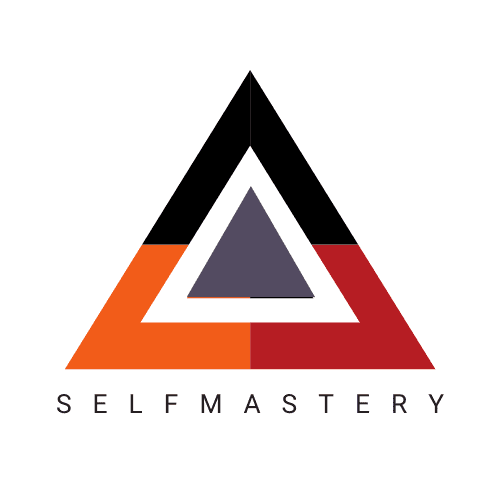
30 Jul Food and Flow
In the early 70’s a young Hungarian immigrant living in Chicago started an enormous personal project. He wanted to understand what makes people happy. You might be thinking “well, that’s easy, donuts is obviously the right answer.” And you would be right for about one minute –which is the length of happiness a donut produces. His quest was deeper. He wanted to find out the practices and behaviors common to happy humans.
For years he immersed himself in the lives of people of all sorts and origins. He studied the happiest characters he could find in the south side of Chicago –where part of my soul is from. The product of this intense research was the concept of Flow. Mihaly Csikszentmihalyi found that the happiest humans get in a state of flow continually during their daily lives. He described this state as: “being completely involved in an activity for its own sake. The ego falls away. Time flies. Every action, movement, and thought follows inevitably from the previous one, like playing jazz. Your whole being is involved, and you’re using your skills to the utmost.” In plain internet lingo, happy people live “in the zone.”
Popular media has spread the idea that Flow is a thing for the elite performers, usually only related to artistic or athletic endeavors. It makes sense. The nature of arts and sports fosters a state of high focus and immersion. But Csikszentmihalyi’s work proved that you can find a state of Flow in the most mundane tasks. He calls these, “maintenance activities”. They are things like brushing your teeth, answering emails, or walking your dog. He estimated that they usually eat up half of your awake time. And, according to him, learning how to find a state of flow in these quotidian tasks is one sure way to find happiness.
Among Csikszentmihalyi’s maintenance activities is eating, which is why you are here, and why I am writing this post.
I am a big believer that how and why to eat are often more important than what to eat. However, knowing how to eat is a lot more difficult and a lot less appealing than say “keto vs.vegan.” And it requires more effort. Finding Flow in your eating is an excellent framework to solve this problem. It is applicable, well structured, and an intrinsic part of our biological beings. The nutritional research we have points to the fact that finding a state of flow in your eating leads to better nutrient absorption, better nutritional choices, and better metabolic health. In other words, it leads to your body performing and feeling awesome. (Check this article for a good set of references)
My objective here is to give you some ideas on how to get in the zone when you are eating.
Begin by considering Csikszentmihalyi’s most foundational realization. In order to get to a state of Flow in any given activity, you have to have clarity. You need to know why you are doing what you are doing and you have to have a clear goal. So let’s start precisely there.
Why do we eat or what is hunger?
You probably think like most people that when you feel hungry it means you lack energy. It means your body needs more calories. That is only true in very, very, very, very extreme cases. Our bodies have plenty of energy to go without calories for a long time. There are two experiments my athletes usually go through at some point and that really informs them of what hunger really is. They will give you a good context to understand hunger.
- The fast. Have you ever fast for at least one whole day? It is awesome. You will immediately realize that if you are not expecting to eat after work, then the ride home is not a get-out-of-my-way-or-I-will-run-you-over-with-my-Prius kind of experience. The moment you take the expectation of having food out of the equation, all the hangriness and urgency goes away. It is crazy!
- The bonk. I hate when this happens because it usually means I did something wrong. However, when one of my long-endurance (2 hours or more) athletes hits the wall, he/she realizes what lack of energy really feels like. When your muscles don’t have enough sugar in them, it does not feel like “it is 4:00 PM and I haven’t had lunch yet.” It feels like “there is something wrong with me.” This sensation is the closest thing to real hunger most of us will ever feel.
For most of us, during our daily life feeling hungry is just a balance of anticipation, reward, and pleasure. Do you get hungry every time you see a pack of Cape Cod chips? I do. It is not a lack of energy, it is just that it is there and I know if I want to I can eat it. Do you always go to the fridge just before you have to write a report or a long blog post? I do. It is not that I am tired —I haven’t even squatted today! Do you always get hungry at the same time? Yup! It is just that you have been eating breakfast for the past 24 years at the same time every Monday, and now your body just expects it.
Get this the real why of we eat is we need the nutrients, the stimulation, the satiation, and the rewards that come with food. Only a very minor part of eating is about toping off the body’s energy resources. This means that when you eat you need to pay attention to getting all those things. Your food should make you feel satiated, rewarded, stimulated, and nurtured. This is clarity.
Okay so now that you know that calories are really not the problem here, and you know why we eat let’s move to some strategies that will help you find that state of flow in your eating.
The Four Strategies to get in the Zone when eating
- Find pleasure. Actively seek pleasure in your food. Shakes are awesome, but a breakfast you really find delicious is better. Go out of your way to find enjoyment in your food. First, choose the most delicious foods you can where you are with what you have. And then take your time tasting the flavors of your food. Eating in front of the computer while you write emails is not what we are after here. Do you love food? Then take 10 minutes of your day to really focus on enjoying your lunch. It is a simple and powerful change. Every day there is more consensus and evidence backing up the benefits of mindful eating. Check this mindful chocolate experiment for an idea of the effects of paying attention.
- Craftsmanship. Either cook your own food or find out everything about the food you are eating. Do you love apples? Read about the different kinds of apples before you eat the next one. Do you love lentils? Research about how different cultures cook lentils and try to cooking them in different ways. It does not have to be sophisticated. Just commit to being an active agent of how the food you are ingesting is produced. This will make you realize your food choices are yours and your only, and it will allow you to be a lot more present with your food. Do you enjoy your coffee more now that you have bought four different coffee-making systems and researched everything about how Colombian coffee is truly the best in the world? I bet you do. Do the same with food!
- Rituals. I have written about the power of rituals in training here. For eating this can be so impactful too. Do you know how you salivate when you think about pizza? That’s a hormonal response. That’s what we are after here. Our bodies are predictive machines, not rational ones. They work on pattern recognition. If every time before you eat you turn your phone to silent, and for 20-seconds feel grateful for what you are eating, your body will start relating those behaviors with eating. This means that after doing them enough times, every time you turn off your phone, breathe and feel grateful your body will get ready to eat. It will automatically drop its autonomic tone down. All the hormones will be there ready to do their job, you will be better nurtured and more satisfied. Remember how people used to thank god before they ate? No, I am not asking you to pray, nor to believe in god –you do you. But being grateful for your food and for the person that cooked it –even if that is you– is great and it will help you create a simple ritual.
- Challenge. One important part of Flow is that the activity should challenge you. This does not have to be a big challenge. Actually, what you want is something that is challenging but within your capacity. We often dream about the day when we don’t have to think about food. Change that mindset. Approach your eating behaviors as a place where you can always grow and learn. Challenge yourself to know more about eating and food. It is cool if you don’t master the basics of quantum physics, but make sure you know about eating and are always willing to learn more.
These four strategies are designed to be an intersection of Csikszentmihalyi’s flow strategies and the nutritional principles of moderate eating by Anton Dikjer. Apply them and what you will start realizing is that eating will become a powerful and intrinsically rewarding experience. You will go from eating as a chore or a guilty experience to a rewarding and hyperfocused experience.
FLOW!


